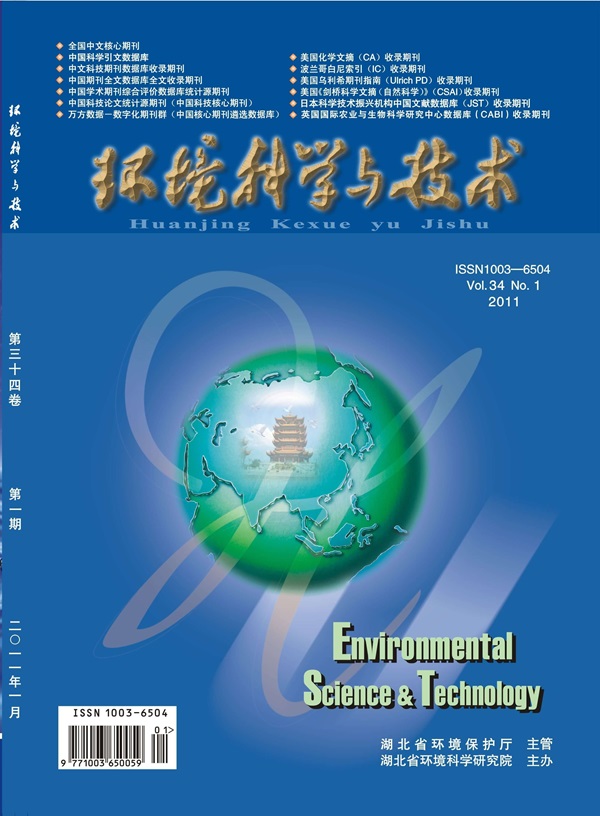Life Cycle Assessment in the Monitoring, Reporting, and Verification of Land-Based Carbon Dioxide Removal: Gaps and Opportunities
IF 10.8
1区 环境科学与生态学
Q1 ENGINEERING, ENVIRONMENTAL
引用次数: 0
Abstract
Life cycle assessment (LCA) has been widely used to evaluate the carbon negativity and environmental impacts of carbon dioxide removal (CDR) pathways. Various monitoring, reporting, and verification (MRV) protocols have been developed to assess the carbon credits of CDR projects within voluntary and compliant carbon markets. Many MRV protocols incorporate life cycle thinking, LCA methods, and data. This perspective examined recent LCA studies and MRV protocols published by main carbon registries, focusing on four critical land-based CDR methods: bioenergy combined with carbon capture and storage, biochar, enhanced rock weathering, and afforestation and reforestation. We compared the carbon accounting and environmental impact assessment methods employed in these LCA studies and MRV protocols to identify their methodological similarities and differences. Our analysis reveals that the LCA community can support MRV protocols by providing critical insights into baselines, additionality, uncertainty, multifunctionality, environmental safeguards, holistic emission factors, and overlooked carbon pools. We recommend that future LCA research prioritize timing, permanence, scaling, and dynamic modeling for CDR. Addressing co-benefit and land use change impact assessment will further benefit both LCA and MRV development. Collaboration between the LCA and CDR communities is essential for developing robust frameworks to support carbon markets and policymaking.

求助全文
约1分钟内获得全文
求助全文
来源期刊

环境科学与技术
环境科学-工程:环境
CiteScore
17.50
自引率
9.60%
发文量
12359
审稿时长
2.8 months
期刊介绍:
Environmental Science & Technology (ES&T) is a co-sponsored academic and technical magazine by the Hubei Provincial Environmental Protection Bureau and the Hubei Provincial Academy of Environmental Sciences.
Environmental Science & Technology (ES&T) holds the status of Chinese core journals, scientific papers source journals of China, Chinese Science Citation Database source journals, and Chinese Academic Journal Comprehensive Evaluation Database source journals. This publication focuses on the academic field of environmental protection, featuring articles related to environmental protection and technical advancements.
 求助内容:
求助内容: 应助结果提醒方式:
应助结果提醒方式:


